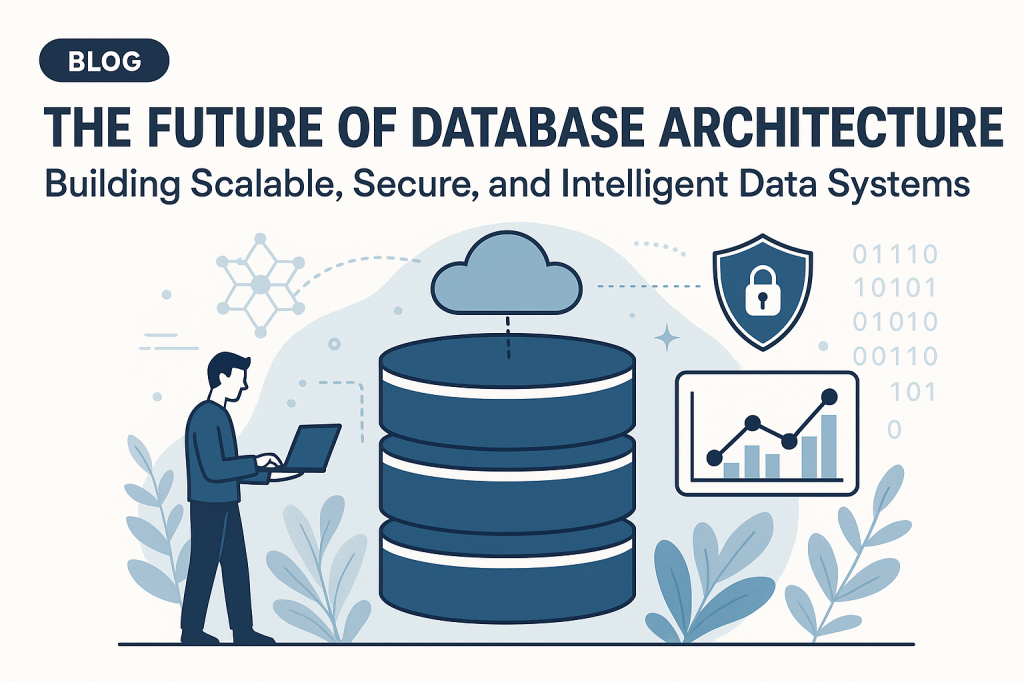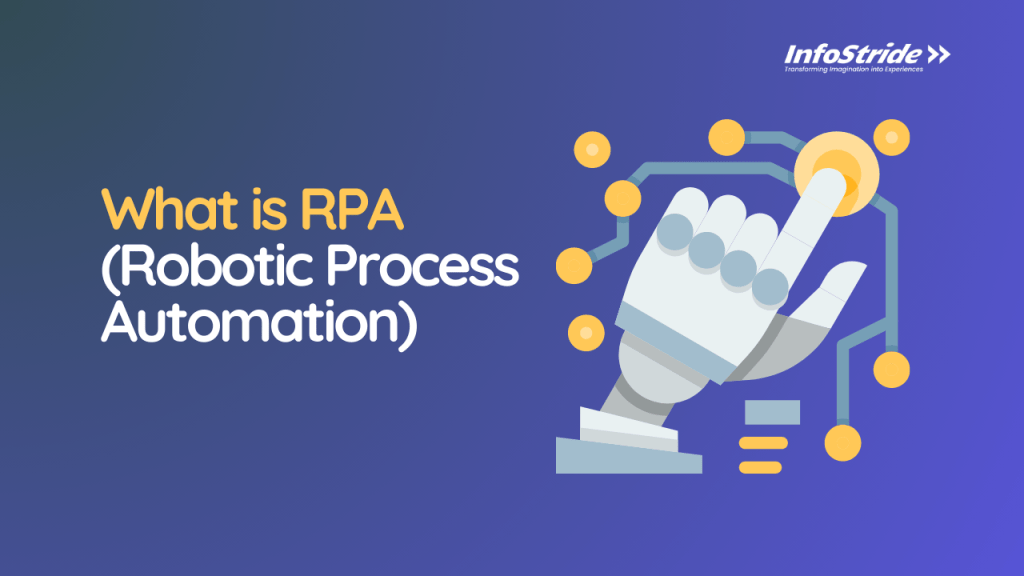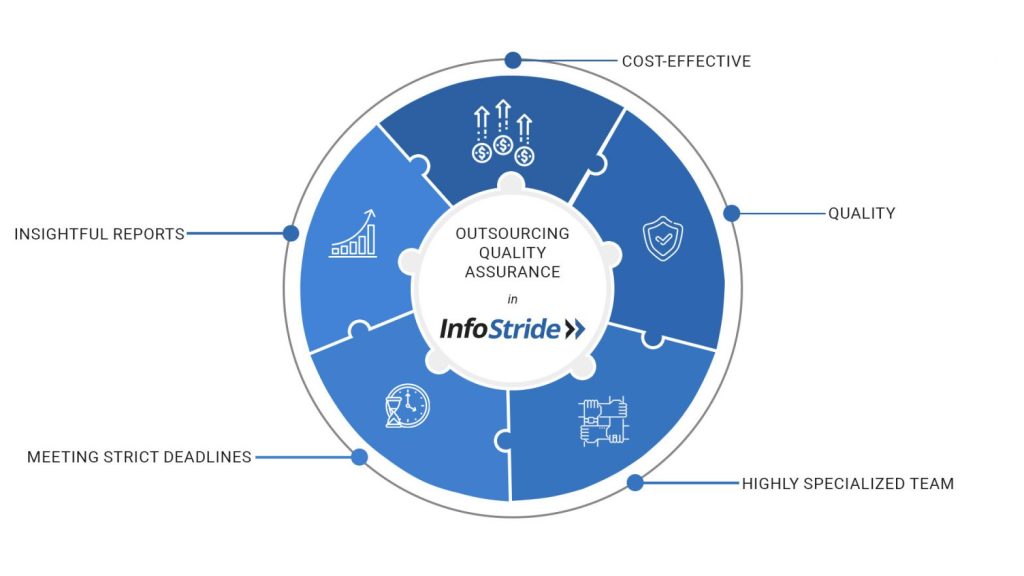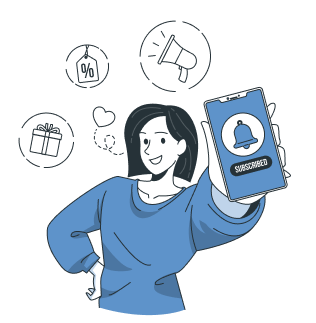Artificial Intelligence (AI) has rapidly transformed a multitude of industries, revolutionizing traditional practices and introducing unprecedented efficiencies. For example, AI is projected to drive a 35% increase in productivity across various sectors by 2035. From healthcare and finance to manufacturing and beyond, AI’s capabilities in data analysis, automation, and predictive modeling are reshaping the way businesses operate and make decisions.
In the staffing industry, AI is proving to be a game-changer, bringing innovative solutions to long-standing challenges. By integrating AI in recruitment processes, companies are enhancing their ability to identify top talent, streamline hiring workflows, and reduce biases. AI-powered tools are not only optimizing candidate matching but also providing valuable insights that help staffing agencies and HR teams make more informed decisions.
As AI continues to evolve, its impact on staffing is becoming increasingly significant. Embracing AI in staffing practices is paving the way for more effective recruitment strategies and positioning companies to stay ahead in a competitive job market.
Advantages of Using AI in Staffing
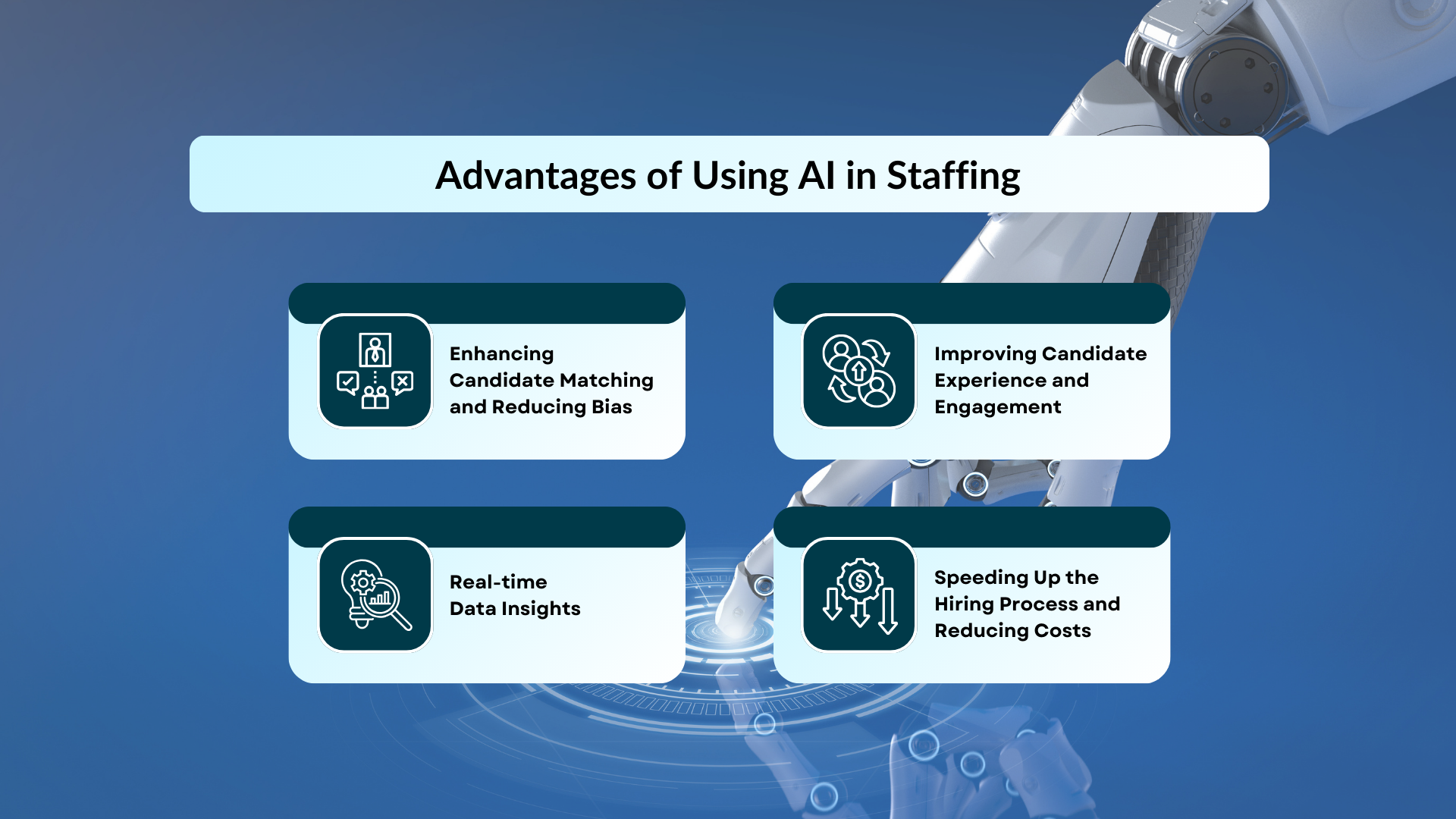
The application of AI in staffing offers transformative benefits that go beyond traditional recruitment methods. By harnessing advanced algorithms and data-driven insights, AI enhances various aspects of the staffing process, from candidate matching to operational efficiency. This section delves into the key advantages of integrating AI into staffing practices, highlighting how it can significantly improve candidate experience, reduce bias, and streamline hiring procedures. Understanding these benefits is crucial for organizations looking to leverage AI to build a more effective and equitable staffing strategy.
1. Enhancing Candidate Matching and Reducing Bias:
AI algorithms analyze vast datasets to identify patterns and correlations that improve candidate-role matching with high precision. By focusing on objective, data-driven criteria, AI minimizes unconscious biases, promoting diversity and inclusivity in hiring decisions.
2. Improving Candidate Experience and Engagement:
AI tools facilitate personalized communication and automated interactions, keeping candidates informed and engaged throughout the recruitment process. Chatbots and virtual assistants are available to answer candidate queries and guide them through application procedures, enhancing their overall experience and satisfaction.
3. Real-time Data Insights:
AI systems provide real-time data insights into recruitment metrics and candidate performance. These insights allow recruiters to make data-driven decisions, optimize their hiring strategies, and quickly adapt to changing requirements or market conditions. By leveraging up-to-date information, organizations can refine their approach and enhance the effectiveness of their recruitment efforts.
4. Speeding Up the Hiring Process and Reducing Costs:
By automating time-consuming tasks such as resume screening and interview scheduling, AI accelerates the recruitment process. This reduction in hiring time not only shortens the time to fill positions but also reduces associated costs, allowing companies to achieve more with fewer resources.
Top Trends in IT Staff Augmentation Involving AI Technologies
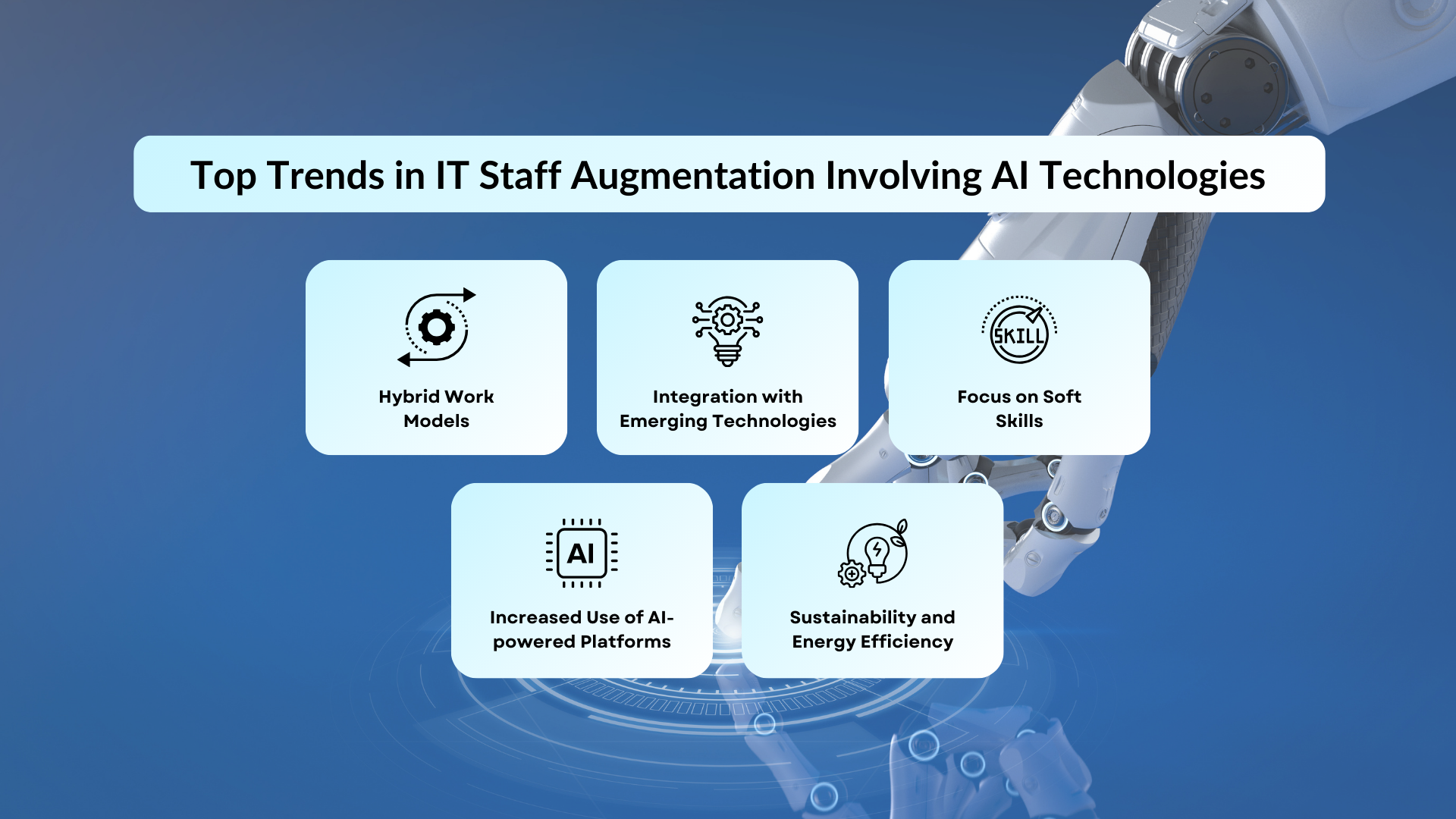
The landscape of IT staff augmentation is rapidly evolving with the integration of AI technologies, driving significant changes in how organizations manage and deploy their IT resources. As AI continues to advance, it brings new capabilities that enhance the flexibility, efficiency, and strategic value of augmented staffing solutions. This section explores the latest trends in AI-driven IT staff augmentation, highlighting how innovative technologies are reshaping traditional practices and offering new opportunities for optimizing workforce management and project execution.
1. Hybrid Work Models:
The rise of hybrid work models has been accelerated by AI technologies that support seamless communication and collaboration across remote and on-site teams. AI tools are used to monitor productivity, ensure security in virtual environments, and facilitate flexible work arrangements, allowing organizations to maintain operational efficiency while offering employees greater work-life balance.
2. Integration with Emerging Technologies:
AI is increasingly being integrated with emerging technologies such as blockchain and IoT to enhance IT solutions. This combination allows for more secure data management, improved system interoperability, and innovative applications that address complex business challenges, driving greater value in staff augmentation projects.
3. Focus on Soft Skills:
As technical skills become more standardized, there is a growing emphasis on assessing and developing soft skills in IT professionals. AI tools are being designed to evaluate communication, leadership, and teamwork abilities, helping organizations build well-rounded teams that can adapt to diverse work environments and client needs.
4. Increased Use of AI-powered Platforms:
Organizations are adopting comprehensive AI-driven platforms for end-to-end management of the staff augmentation process. These platforms handle everything from candidate sourcing and evaluation to performance monitoring and project management, providing a streamlined and integrated approach that enhances efficiency and decision-making.
5. Sustainability and Energy Efficiency:
AI is playing a crucial role in promoting sustainability within IT operations by optimizing energy consumption and reducing waste. AI-driven solutions analyze usage patterns and environmental impact, helping organizations implement more sustainable practices that align with corporate social responsibility goals and reduce operational costs.
Use Cases of AI in IT Staff Augmentation
AI is playing an increasingly pivotal role in IT staff augmentation, providing companies with the flexibility and expertise they need to stay competitive in a rapidly evolving technological landscape. By integrating AI into the staff augmentation process, organizations can enhance their ability to source, evaluate, and deploy skilled IT professionals precisely when and where they are needed.
1. Automated Candidate Sourcing:
AI tools leverage machine learning algorithms to scan job boards, social media platforms, and professional networks to identify potential candidates with the desired skill sets and experiences. This automation reduces the need for manual searches, significantly cutting down the time recruiters spend on sourcing and allowing them to focus on engaging with the most promising candidates.
2. Predictive Candidate Matching:
Through data analysis, AI can evaluate candidates’ profiles, past job performance, and even cultural fit within an organization. This predictive capability ensures that candidates are not just matched based on skills but also on how well they are likely to adapt and thrive in the company environment. This leads to higher retention rates and more successful team integration.
3. Skill Gap Analysis:
AI systems assess the current capabilities of IT teams by analyzing performance metrics, project requirements, and industry trends. This analysis helps identify skill gaps within the team, enabling organizations to target specific areas for augmentation. It ensures that the additional resources brought in will complement the existing team and address any deficiencies.
4. Onboarding Process Optimization:
AI-driven onboarding platforms create personalized training and development modules tailored to the specific roles and skill levels of new hires. By automating routine tasks like documentation and initial training, AI allows new employees to ramp up more quickly and become productive members of the team faster, while also ensuring a consistent onboarding experience.
5. Real-time Performance Monitoring:
AI tools continuously track the performance of augmented staff through metrics such as task completion rates, code quality, and collaboration effectiveness. This real-time monitoring enables managers to make data-driven decisions about resource allocation and identify areas where employees may need additional support or training.
6. Workload Management:
AI analyzes project requirements, deadlines, and team availability to optimize workload distribution. By recommending the best mix of skills and resources for each project, AI helps prevent burnout, reduce overtime, and improve overall team efficiency. This ensures that projects are completed on time and within budget.
7. Automated Scheduling:
AI-powered scheduling tools take into account team members’ availability, project timelines, and dependencies to create optimal schedules. This automation minimizes scheduling conflicts and ensures that all team members are aligned, facilitating smoother project execution and reducing the administrative burden on managers.
8. Enhanced Collaboration:
AI facilitates improved communication and collaboration among geographically dispersed teams through intelligent chatbots, real-time language translation, and virtual meeting assistants. These tools help bridge gaps between remote and on-site staff, fostering a more integrated and productive work environment.
9. Compliance and Security Monitoring:
AI systems monitor IT operations for compliance with industry standards and security protocols, using advanced algorithms to detect anomalies and potential threats. This proactive approach helps organizations maintain regulatory compliance and protect sensitive data, reducing the risk of security breaches.
10. Continuous Learning and Development:
AI platforms provide personalized learning paths for IT professionals, suggesting courses, articles, and other resources based on their roles, performance, and career aspirations. This targeted approach to professional development helps staff keep up with the latest industry advancements and enhances their skill sets.
Real-World Business Scenarios of AI in Staffing and Recruitment
The integration of AI in staffing and recruitment is transforming the way companies attract, evaluate, and hire talent. By leveraging advanced technologies, organizations are streamlining their hiring processes, enhancing candidate experience, and improving the accuracy of talent matching.
These real-world business scenarios highlight how leading companies are successfully applying AI to address common recruitment challenges and achieve more effective hiring outcomes. From automating candidate assessments to optimizing job matching, these examples illustrate the diverse and impactful applications of AI in modern recruitment practices.
1. Unilever’s Use of AI for Talent Acquisition:
- Scenario: Unilever, a global consumer goods company, has integrated AI into its recruitment process to streamline hiring and enhance candidate experience. The company uses AI-powered tools to assess candidates through digital game-based assessments and video interviews.
- Outcome: AI helps Unilever identify top talent by analyzing candidates’ responses and behaviors, improving the quality of hires and speeding up the recruitment process. This approach has reduced bias and increased efficiency, enabling Unilever to handle a large volume of applications effectively.
2. IBM’s AI-driven Talent Management:
- Scenario: IBM employs its own AI-powered platform, Watson Recruitment, to assist in talent acquisition and management. The platform uses AI to analyze job descriptions and candidate resumes, matching candidates with open positions based on their skills and experiences.
- Outcome: IBM’s AI-driven approach has improved the precision of candidate matching, resulting in a more effective hiring process and better alignment of skills with job requirements. This has led to increased employee satisfaction and reduced turnover rates.
3. LinkedIn’s AI for Job Matching:
- Scenario: LinkedIn utilizes AI algorithms to enhance job matching and recruitment processes on its platform. AI analyzes user profiles, job postings, and engagement metrics to provide personalized job recommendations and candidate suggestions.
- Outcome: LinkedIn’s AI capabilities improve the relevance of job matches for users and help recruiters find suitable candidates more efficiently. This personalized approach enhances user experience and drives higher engagement on the platform.
4. HireVue’s AI-powered Interviewing Platform:
- Scenario: HireVue offers an AI-powered interviewing platform that uses video analysis to assess candidates’ responses and non-verbal cues during interviews. The platform analyzes factors such as speech patterns, facial expressions, and body language.
- Outcome: By providing a more comprehensive evaluation of candidates, HireVue helps organizations make more informed hiring decisions and reduces the time spent on manual interview processes. This technology helps standardize interviews and minimize unconscious biases.
5. Pymetrics’ AI for Cognitive and Emotional Assessment:
- Scenario: Pymetrics uses AI-driven games and cognitive assessments to evaluate candidates’ cognitive abilities and emotional traits. The platform assesses candidates’ skills and characteristics through interactive tasks and behavioral analysis.
- Outcome: Pymetrics’ AI-based assessments provide insights into candidates’ suitability for specific roles and company cultures, leading to more accurate hiring decisions and improved fit between employees and organizational needs.
6. Google’s AI-enhanced Recruiting Tools:
- Scenario: Google employs AI tools to streamline its recruitment process, including resume screening and candidate sourcing. The company uses AI to analyze and rank resumes based on relevancy to job descriptions and required qualifications.
- Outcome: Google’s AI-driven approach enhances the efficiency of resume screening, helping recruiters quickly identify the most qualified candidates and focus on high-priority tasks. This leads to faster hiring cycles and better alignment of talent with job openings.
7. SAP’s AI-powered Recruiting Solutions:
- Scenario: SAP leverages AI in its SuccessFactors recruiting software to automate and enhance various aspects of the hiring process. The AI features include candidate sourcing, job matching, and automated communication.
- Outcome: SAP’s AI solutions improve the accuracy of job matching, streamline candidate engagement, and reduce administrative overhead for HR teams. This results in a more efficient recruitment process and a better overall candidate experience.
Looking Ahead
As AI continues to advance, its influence on staffing and recruitment grows ever more profound. The integration of AI technologies offers numerous benefits, including enhanced candidate matching, reduced bias, and improved efficiency in hiring processes. Organizations that leverage AI in recruitment strategies are not only able to streamline operations but also gain a competitive edge by making more informed and strategic hiring decisions.
Looking ahead, the future of AI in staffing promises even greater innovations, with emerging technologies further refining how businesses attract and manage talent. Embracing these advancements will be crucial for organizations aiming to stay ahead in the dynamic landscape of talent acquisition.
Transform Your Recruitment with InfoStride’s AI Solutions
If you’re ready to explore the potential of AI in transforming your staffing and recruitment processes, consider leveraging advanced AI staffing solutions. At InfoStride, we specialize in AI development services and staffing augmentation services designed to optimize your hiring strategy and enhance overall efficiency. Our expertise in AI technologies ensures that you can benefit from the latest advancements and achieve your recruitment goals with precision. Contact us today to discover how our tailored solutions can drive success in your staffing endeavors.
Frequently Asked Questions
1. What is AI in staffing and how does it work?
AI in staffing refers to the use of artificial intelligence technologies to enhance and streamline recruitment processes. AI tools analyze large datasets to improve candidate matching, automate resume screening, and provide predictive insights, leading to more efficient and effective hiring practices.
2. How can an AI staffing agency benefit my company?
An AI staffing agency leverages advanced algorithms and automation to optimize the recruitment process. These agencies can enhance candidate sourcing, reduce bias, and improve the accuracy of talent matching. By partnering with an AI staffing agency, companies can achieve faster hiring times and better candidate quality.
3. What are AI staffing solutions and their advantages?
AI staffing solutions encompass various tools and technologies that use artificial intelligence to improve recruitment. These solutions offer benefits such as automated resume screening, predictive analytics, and enhanced candidate engagement, which can lead to a more efficient and accurate hiring process.
4. How is the AI staffing industry evolving?
The AI staffing industry is rapidly advancing with the integration of sophisticated AI technologies. Trends include increased use of AI-powered recruiting, advancements in AI recruitment solutions, and the adoption of predictive analytics to refine hiring strategies and improve recruitment outcomes.
5. What role does artificial intelligence play in recruitment?
Artificial intelligence staffing involves using AI to streamline and enhance various aspects of recruitment, such as sourcing candidates, screening resumes, and scheduling interviews. AI tools help in making data-driven decisions, reducing biases, and improving overall hiring efficiency.
6. How can AI recruitment solutions improve my hiring process?
AI recruitment solutions offer advanced features like automated resume screening, predictive analytics, and personalized candidate engagement. These solutions help in efficiently identifying the best candidates, reducing time-to-hire, and enhancing the overall recruitment process.
7. What are the benefits of using AI in hiring?
Using AI in hiring provides several advantages, including faster candidate sourcing, improved matching accuracy, and reduced recruitment biases. AI tools can automate routine tasks, offer data-driven insights, and enhance the candidate experience, leading to more effective and efficient hiring practices.
8. Can you provide examples of AI in recruitment?
Examples of AI in recruitment include AI-powered recruiting platforms that automate resume parsing and candidate matching, chatbots for initial candidate interactions, and predictive analytics to forecast hiring needs and trends. These technologies help streamline recruitment and improve hiring outcomes.
9. How does AI staffing impact IT staff augmentation trends?
AI staffing plays a significant role in IT staff augmentation trends by enhancing the efficiency of sourcing and managing IT talent. AI tools can quickly identify suitable candidates, streamline the onboarding process, and provide insights into workforce needs, making IT staff augmentation more effective.
10. How can I hire top IT staff augmentation company with AI expertise?
To hire top IT staff augmentation companies, look for firms specializing in AI staffing and AI development services. These companies offer Gen AI Development Services and employ AI-powered recruiting techniques to find and manage top IT talent, ensuring you have access to the best professionals for your needs.


